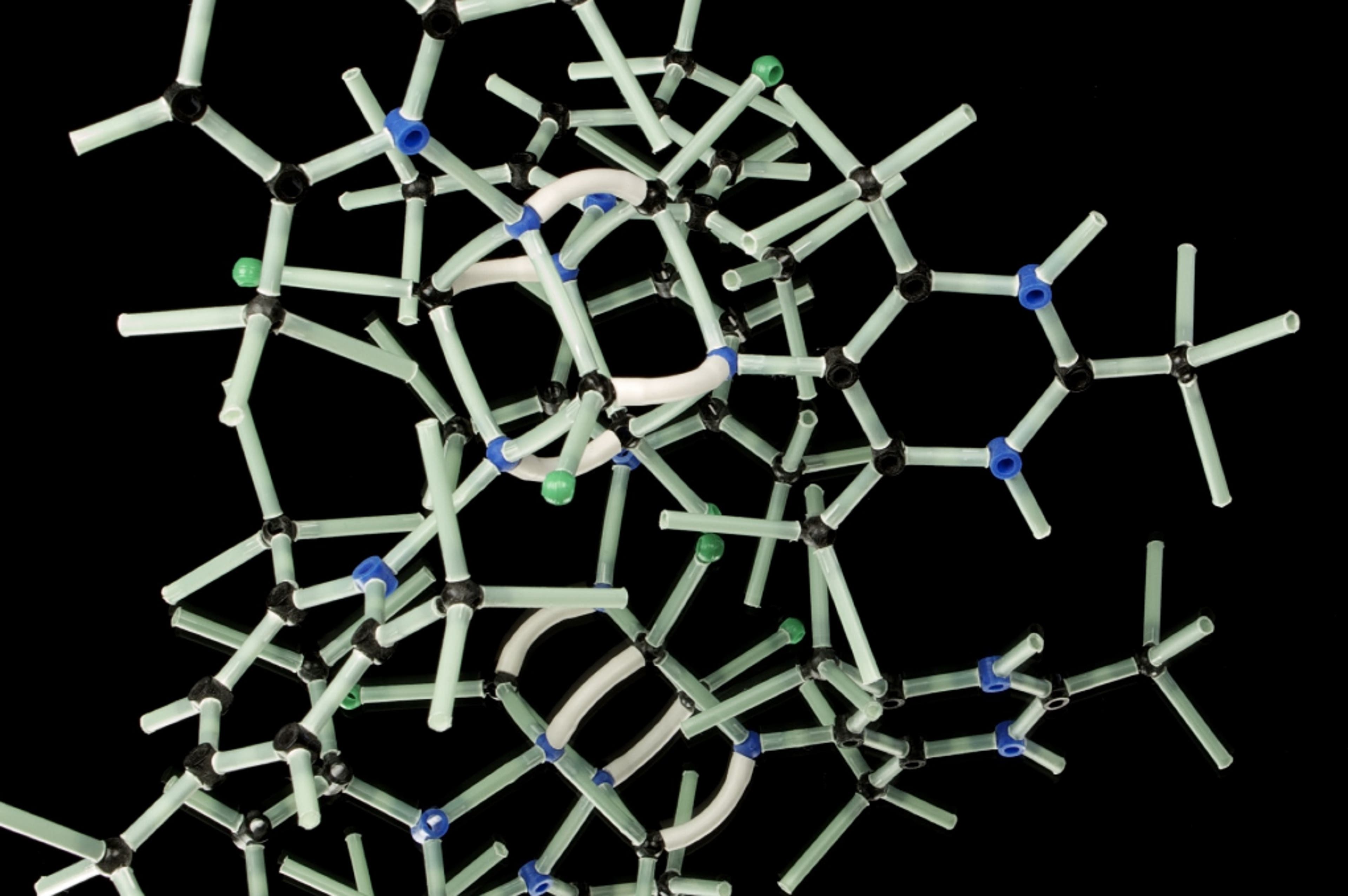Maybe it's just me, but it seems like it's nearly impossible to keep track of all the different TV shows debuting on streaming services nowadays. Sure, Disney does well promoting its Marvel and Star Wars shows, but they also have enough money to outright own several states in the American Midwest if they wanted to.
In addition to the newly released Paramount+, there's Hulu, Netflix, Amazon Prime Video, Disney+, Apple TV+, HBO Max, Peacock and CBS All Access. Each one of these services has its own original programming they release throughout each month, and out of nowhere, one will all of a sudden become a big hit. "Bridgerton" debuted on Netflix last December and almost instantly it became an online sensation, but for the life of me, I can't remember any news about it before it was released.
The same can be said about a show that recently premiered on Netflix titled "The One," a show that follows a pair of business partners as they launch a company that helps people find their soulmate using DNA.
The show answers a question no one asked: What if Ancestry and Tinder became best friends?
Deoxyribonucleic acid has been a staple of cop shows for decades now. Nearly every episode of "Law and Order: Special Victims Unit" has at least one scene where DNA evidence is analyzed to try and catch a suspect. If you haven't seen "SVU," just turn on the USA Network. They play reruns of it approximately 14 hours a day.
But this is an example of DNA affecting a plot that doesn't involve a gruesome crime scene, and perhaps we shouldn't be surprised. Genealogy companies, such as Ancestry and 23andMe, have skyrocketed in popularity over the past decade, so it makes sense to see DNA testing find its way into pop culture.
Genealogy could be the basis for plenty of rich stories, as long as the material is handled with care. An example of this not being the case would be the 2013 film "Delivery Man." The movie features Vince Vaughn as a guy who discovered he fathered 533 children via a sperm bank. When a large group of that 533 sue to force a fertility clinic to reveal the identity of the donor, Vaughn's character counter-sues to maintain his privacy.
The plot is beyond outrageous, and the number of children they decided to have Vaughn sire makes it beyond parody. How are you supposed to think about privacy when a man fathered FIVE HUNDRED AND THIRTY-THREE CHILDREN?
This was marketed as a comedy by the way, and I hope I never have to talk about anything in the preceding paragraphs ever again. I feel like even writing out the synopsis of the movie has tanked whatever credibility I've accrued in my five years at the IAPP.
When I originally set out to write this column, I was going to talk about the real-world implications of DNA testing, particularly as it relates to when genealogy companies are tapped for law enforcement investigations. For example, privacy advocates raised concerns about FamilyTreeDNA in 2019 when it was discovered the organization allowed law enforcement to use 1.5 million genetic records without a warrant or consent.
Genetic genealogy helped track down the infamous "Golden State Killer," and the debate around whether these large banks of DNA should be used for the greater good is one that may cause some people to hesitate before spitting into a plastic tube.
Those were the talking points before I looked a little further into "The One." That's when I found out that genetic dating sites actually exist.
May I introduce you to DNA Romance and GenePartner.com. These websites claim they can find a person's perfect match by analyzing their genes. DNA Romance claims it can measure "romantic chemistry compatibility" using DNA markers. GenePartner centers its bizarre theories around finding romance based on having the opposite human leukocyte antigen molecules.
That wasn't my main takeaway from GenePartner. I couldn't stop staring at their homepage, which literally looks like it hasn't been touched since 2006.
I don't use this term lightly, but I am completely flabbergasted. I cannot believe these services actually exist, and I'm 99.6% sure they absolutely do not work. You don't have a Bush administration–looking website if your company is raking in the money.
I just can't wrap my head around who would actually sign up for this type of service either. Now even though I work for a privacy organization, I'm not super paranoid about my interactions with some of these things. I am currently awaiting Ancestry results as we speak, and I use the Amazon Echo Dot my brother gave me quite frequently.
But these services just seem like you are begging to have your information abused or, at the very least, the risk involved seems to greatly outweigh the reward. There are plenty of online dating services that don't require you to mail in your spit.
It's really strange, but I guess I shouldn't be too surprised at the end of the day. Art imitating life. Life imitating art. Sometimes the Venn diagram is just one circle.
Photo by Photoholgic on Unsplash

